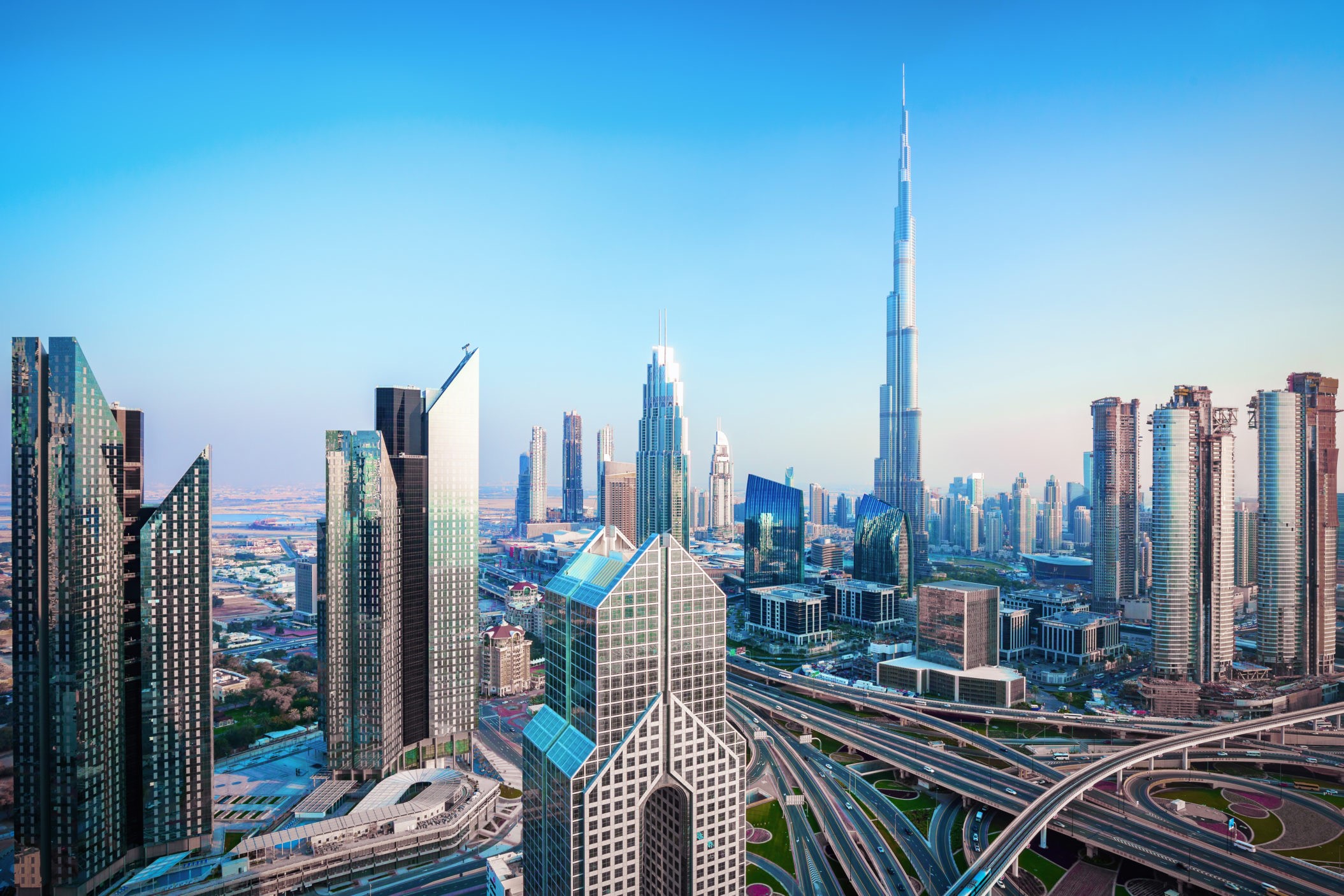The UAE is a thriving part of the world that is playing an increasingly significant role in both international business and tourism. In some countries within the region, such as Dubai and Abu Dhabi significant investment has been made into the infrastructure and opulent skyscrapers and hotels now characterize these areas.
The United Arab Emirates, commonly referred to as the UAE, is a federation comprised of seven emirates. Located in the Middle East, on the eastern coast of the Arabian Peninsula, the UAE has a surface area of 83,600 km². Abu Dhabi, the capital city and also the largest of the Emirates, is the centre of the oil industry. The other emirates are Dubai, Sharjah, Ajman, Umm al Quwain, Ras al Khaimah, and Fujairah.
Demography
According to the official statistics, the country has a population of about 9, 267, 000 inhabitants, out of which 7.8 million are expatriates. The United Arab Emirates is one of the world’s most popular destinations for people around the world, especially Dubai, which has experienced an accelerated immigration rate over the past few years.
Language
United Arab Emirates official language is Arabic. However, English is the language that bridges between all the different communities. Moreover, other languages such as Hindi, Urdu, Tamil and Nepalese are spoken by the various expatriate communities in the country.
Currency
The United Arab Emirates dirham, also known as simply the Emirati dirham, is the currency of the United Arab Emirates. The term dirham is officially abbreviated AED, while unofficial abbreviations include Dhs. The dirham is subdivided into 100 Fils.
Economy
The United Arab Emirates are the second biggest economy in the Gulf, just after Saudi Arabia. Its economy comes predominantly from the petroleum produced in both Abu Dhabi and Dubai. However, with oil prices falling in June 2014, the UAE has since looked at other sources to diversify its economy. As documented in the Economic Report 2015 released by the UAE’s Ministry of Economy, the UAE attracted approximately AED 37 billion of foreign investment in 2014. This ranked the UAE first among the countries most attractive to foreign investment in the Middle East and Africa region. The current GDP of the UAE is estimated at 386.4 billion USD. The long-term vision for the UAE by 2021 is to create a sustainable environment and develop a green economy.
Climate
Due to its location, the UAE has a subtropical and dry climate, generally hot and sunny year round. The hottest months are July and August with average maximum temperatures of over 50°C. In the mountains, it is slightly cooler due to the high altitude. Winters in the UAE are mild, with temperatures going down to a minimum of 15°C and maximum temperatures of about 30°C. Rain is infrequent and does not last long, amounting to roughly five days of rainfall in a year. In early summer, strong winds blow from the north and north-west, causing sandstorms and bringing a lot of dust.
Expatriation
Expatriation requires appropriate reflection and planning, regardless of the destination. Culture shock is expected of any new destination, but with a positive and open mind, it can be very rewarding.
When moving to UAE, it is important to understand the country’s cultural and religious subtleties. If you manage to overcome this challenge, UAE can be an ideal and attractive destination for expatriation.
In spite of all paradoxes, UAE sails between old traditions and modernism. Millions of foreigners have decided to live and work within so as to benefit from its economic prosperity and various opportunities and benefits attached.
According to many expats their decision to settle in UAE has been motivated by the following:
- Tax-free salary
- Learning Arabic
- Low cost of living
- Positive work-life balance
- More free time (for recreational activities/ family time)
- Beautiful environment (landscapes, terrains, coasts)
- Experiencing a new and different culture and heritage
- Warm temperatures (despite extremes)
- Higher salaries & incentives



